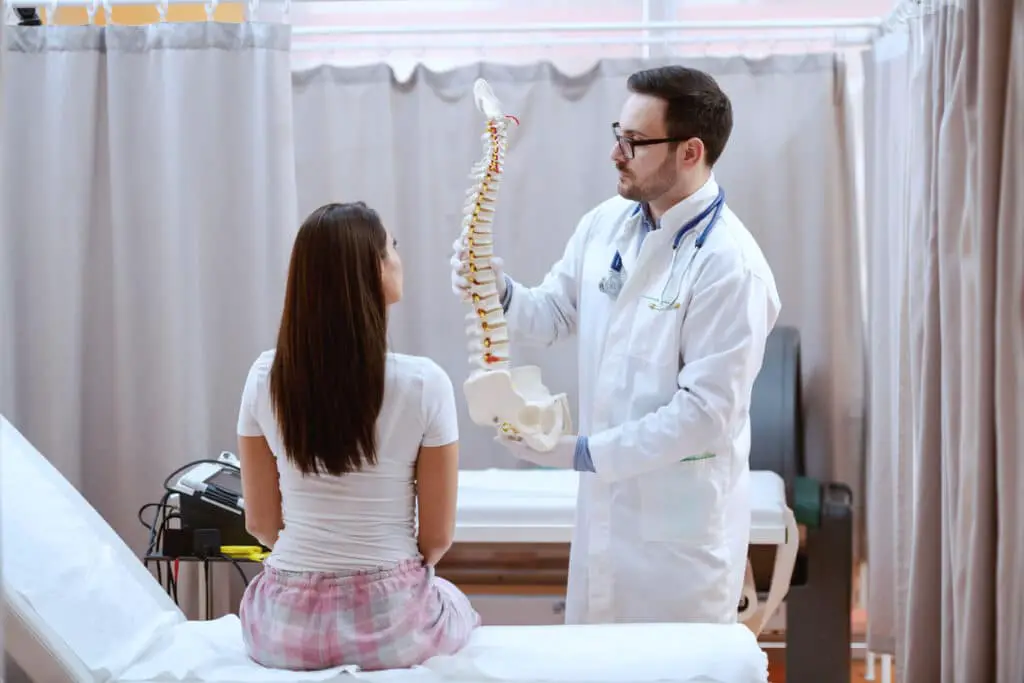Orthopaedic Specialists As Experts in Diagnosing and Treating Musculoskeletal Disorders

Orthopaedic Specialists As Experts in Diagnosing and Treating Musculoskeletal Disorders
Orthopaedic specialists are medical professionals with an extensive knowledge of the musculoskeletal system, specializing in the diagnosis, treatment, and prevention of disorders related to bones, muscles, and joints. These specialists have advanced skills in diagnosing and treating injuries or deformities that affect the musculoskeletal system, including broken bones, joint pain, arthritis, spinal deformity, and sports injuries. With an understanding of physical medicine, orthopaedic specialists can provide effective treatments for a wide range of conditions.
Types of Orthopaedic Specialists
Orthopaedic specialists are doctors who specialize in treating injuries and diseases related to the bones, joints, muscles, and ligaments. Orthopaedics is one of the oldest medical specialties, with roots tracing back to ancient Greece. Today, orthopaedic specialists use the latest technology and techniques to diagnose and treat a variety of conditions that affect the musculoskeletal system.
Orthopaedic surgeons are specialists who perform surgery on bones, ligaments, tendons, and muscles to restore function or relieve pain caused by injury or illness. They may also perform arthroscopic surgery, which involves inserting small cameras into joints, or reconstructive surgery, such as knee replacement. If you need professional orthopaedic surgeons, OrthofootMD – Orthopaedic Specialist Singapore might help.
Spine surgeons specialize in treating spinal conditions such as herniated discs or scoliosis, which is curvature of the spine. They often use minimally invasive procedures such as endoscopic discectomy, which is the removal of a herniated disc, or spinal fusion, which is connecting two vertebrae together.
Sports medicine doctors focus on the treatment and prevention of injuries related to sports and exercise. They often work with athletes to develop training programs that help prevent injuries, as well as rehabilitate them after an injury.
Education & Training Requirements for Orthopaedic Specialists
The education and training required for orthopaedic specialists are extensive and rigorous. The first step towards becoming an orthopaedic specialist is completing a four-year undergraduate degree program at an accredited university or college with courses related to premedical studies such as anatomy, physiology, and biology. After completing this degree program, students must then enroll in medical school, which typically consists of four years of additional schooling focusing on advanced medical topics such as pathology, pharmacology, and pathology lab techniques.
Once they have completed medical school, they must then complete a residency in orthopaedics that usually lasts three to five years depending on the program chosen by the student. This residency focuses on honing the skills necessary for diagnosing, treating, and managing all types of musculoskeletal disorders, including sports medicine injuries as well as fractures caused by trauma or congenital defects like scoliosis.
Areas of Expertise for Orthopaedic Specialists
Orthopaedic specialists have a variety of areas of expertise to ensure they can help their patients with any type of orthopaedic issue. One important area of expertise is joint replacement surgery. This type of surgery involves replacing damaged joints with metal or plastic implants, allowing the patient to regain full mobility and improve their quality of life. Orthopaedic surgeons must be familiar with the latest technologies to perform these procedures safely and effectively. They must also have a thorough understanding of the anatomy involved so they can accurately identify which joints need to be replaced or repaired.
Another key area that orthopaedic specialists focus on is sports medicine. These experts treat athletes who suffer from musculoskeletal injuries due to overuse, accidents, or other causes related to sports participation. They may help athletes develop strength-training programs, rehabilitate them after an injury, or suggest modifications to their sport activity in order to prevent future harm or complications from existing injuries.
Lucas Noah is a tech-savvy writer with a solid academic foundation, holding a Bachelor of Information Technology (BIT) degree. His expertise in the IT field has paved the way for a flourishing writing career, where he currently contributes to the online presence... Read more


